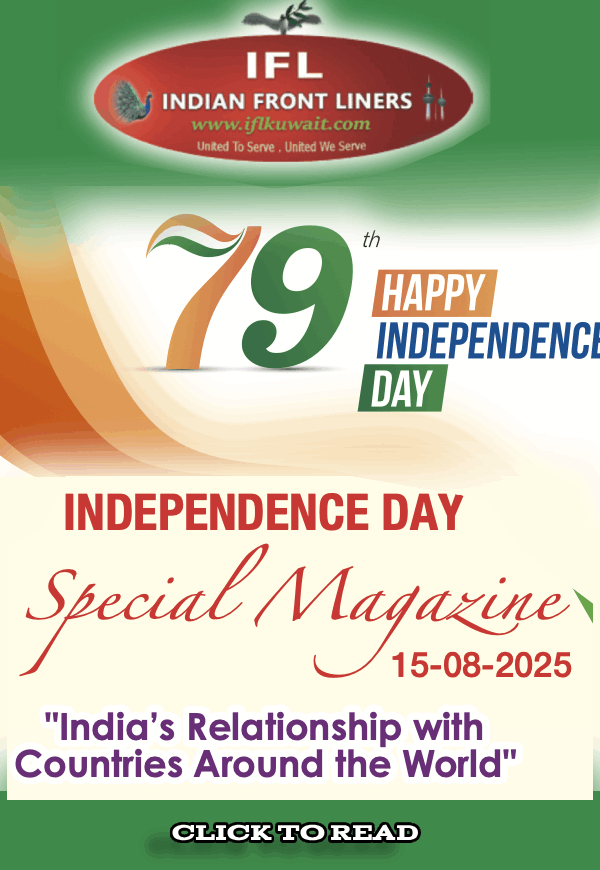Indians find Ireland ideal
Mike Murphy, a lecturer in Marketing at the University College Cork (UCC), Ireland, has been visiting India annually for over 25 years.
He currently chairs the Internationalisation Committee for the College of Business and Law in UCC, and is the co-director of the MSc. in Management and Marketing, a one-year, full-time programme with a placement option.
Also, a keen amateur photographer, his work has been part of exhibitions, and he had recorded his across India. In this interview, he shares his perspective on the marketing industry, its future, the opportunities available and more.
Which are the most popular courses in the marketing field?
In UCC, students can pursue M.Sc. Management and Marketing, a 12-month programme with the option of a five-month work placement (many of these are paid, but not all), or a dissertation. Another programme is Master’s in Food Marketing. There is also a full-time Master’s in Marketing, by research, where students undertake their own research on a specialised topic. This can be undertaken as a pathway to a Ph.D. and tends to attract those more interested in an academic career. I find that programmes with placements are very attractive to Indian students.
What is the advantage of studying in Ireland?
Ireland is more attractive than U.K. for non-EU students as all overseas students are entitled to work up to 20 hours per week part-time, while they are studying. Plus, after graduating, they can stay on in Ireland for one year to work without a sponsor. If, after this period they secure full-time employment, they can apply for a work visa. I would recommend anyone thinking of studying in Ireland to look at UCC Indians Facebook page to get a direct account of what it is really like to study in Ireland, rather than looking at brochures and official presentations.
Also, Ireland has become a gateway to Europe for many multinational companies. The reasons for this include Ireland having one of the lowest corporate tax rates in Europe, Ireland’s pool of well-educated, English-speaking graduates, good connectivity to Europe and the fact that Ireland is the only English-speaking nation in the Euro. In my home city of Cork we have a strong IT sector, headed by Apple computers, who have their European HQ here. Other major IT-based companies located in Cork include EMC, Siemens and Amazon, along with many indigenous software developers. There is also a thriving medical devices and pharmaceutical industry with companies like Boston Scientific, Eli Lilly, GlaxoSmithKline, Pfizer and Johnson and Johnson. Ireland also plays European HQ host to the likes of Google, Facebook, Paypal, Microsoft, AirBn’B, ebay, Twitter, LinkedIn, amongst others.
How is the education structure in Ireland different from the one in India?
Firstly, the overall size and numbers. I read that there are over 3,300 engineering colleges in India, offering nearly 1.5 million seats each year (that’s more than the entire population of Ireland’s capital city). Unfortunately, controlling the quality of so many establishments is proving difficult and I frequently read about the significant variations in the quality of the different institutes of learning in India. Ireland, with a small number of universities, controlled by the state, ensures that quality is maintained.
In terms of approaches to learning, I would say that there is much more emphasis in Ireland on fostering critical thinking, along with developing the ‘softer’ skills, such as good team-working abilities, competence in making presentations and being effective communicators.
A significant advantage for students from India, coming to Ireland to study, is that most business master’s programmes are of one-year duration, unlike in India. We tend to be more informal here in Ireland when interacting with our students, with many lecturers preferring to be called by their first name. In my experience, the students from India are the ones from Asia who fit in most readily to Irish culture.
The teaching methodology has drastically evolved over the times. What are the different methods that you employ and how effective have they been?
We are moving away from the term ‘teaching’ and now emphasise a holistic learning experience, as it incorporates so much more than a teacher disseminating information from the front of the room. We are increasingly embracing other learning tools, including social media, and other forms of technology. Students now expect to see multimedia presentations and we are also offering one-day workshops on skills for developing multimedia platforms and how to generate content for these.
What role do social media websites play in the marketing sector? How can one optimally utilise them?
The younger university students today have been born into a world where social media is the norm. Many companies also increasingly use social media to reach a younger market. So, both for communicating better with our students and also preparing them for a business career, social media skills are essential. We are also finding that employers are now requiring advanced social media management skills from graduates.
==================================




